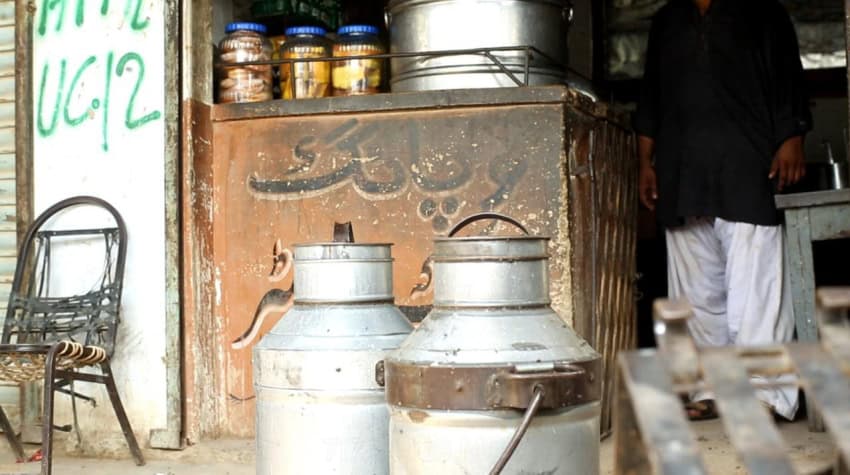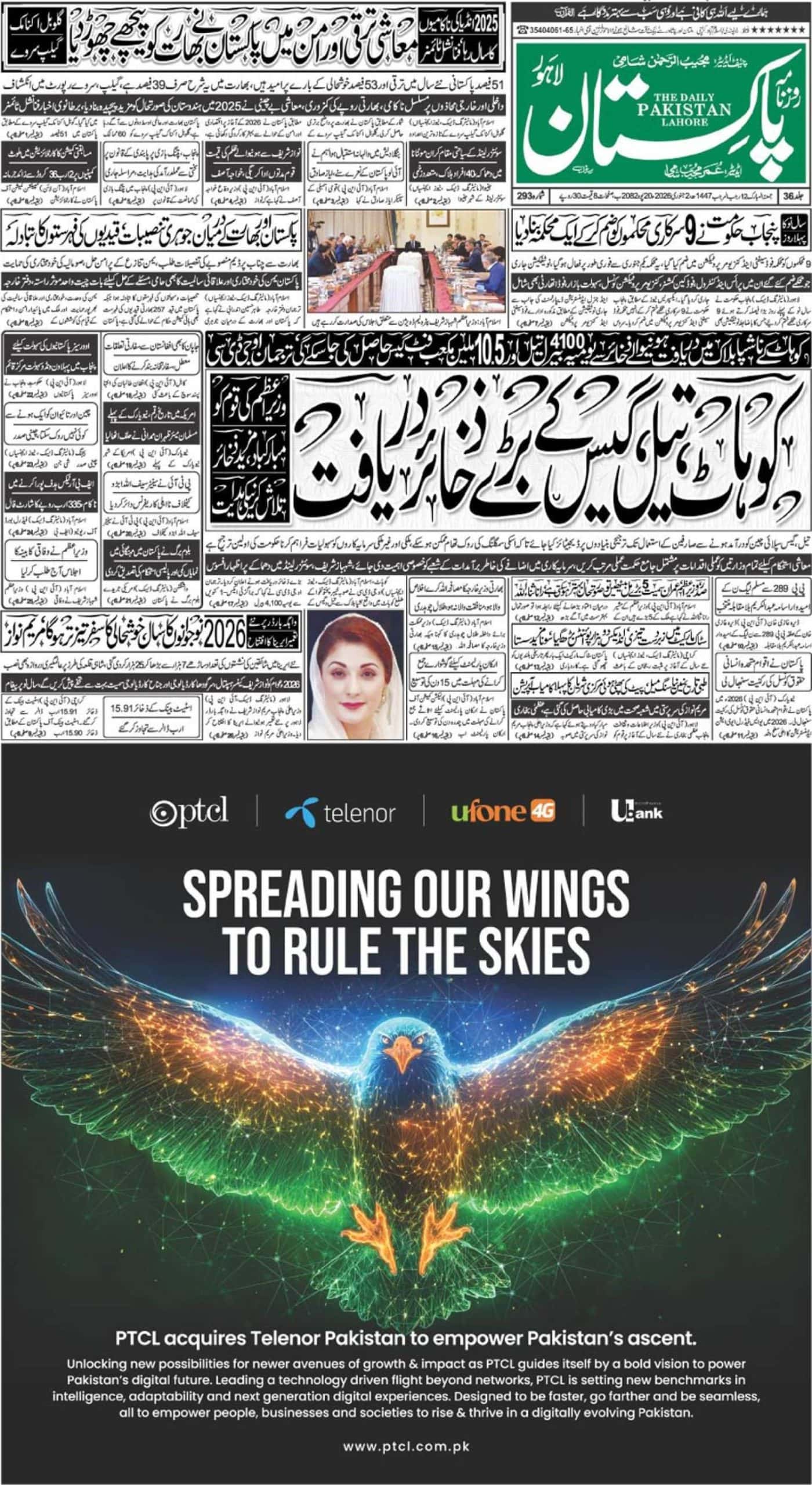Milk is a vital source of nutrition, particularly essential for children, the elderly, and pregnant women, due to its comprehensive nutrient profile.
However, in Pakistan, milk consumption is fraught with severe issues of contamination and adulteration, turning it into a significant health hazard. Alarmingly, 90% of the population relies on loose milk sourced from gawalas or home delivery systems.
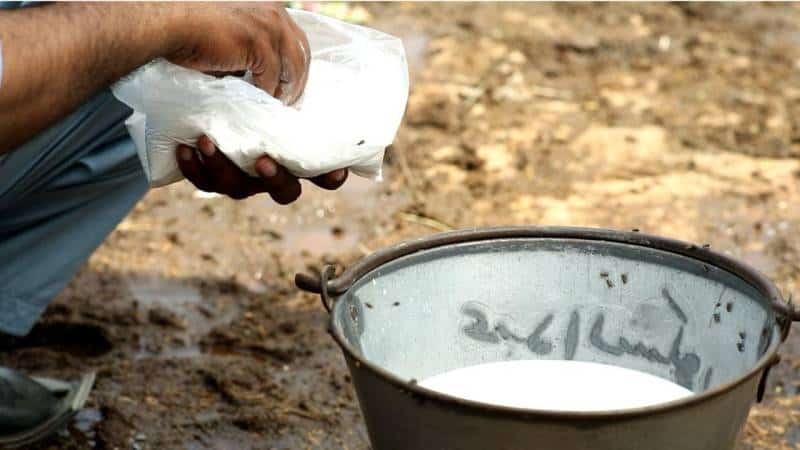
This loose milk frequently fails to comply with Pakistan’s food safety standards, posing a substantial risk to public health. Despite numerous health related public service messages by the Pakistan Medical Association (PMA) highlighting this issue, there has been no substantial action taken by governmental bodies to ban sale of loose milk as through continuous research it is proven to be unfit for human consumption while most of it still reaches the general public posing a serious health risk.
Loose milk adulterated with water is usually contaminated and unclean, significantly diluting its nutritional value. Additionally, this milk is highly susceptible to bacterial infections due to inadequate hygiene practices at farms, where cleanliness is not maintained, and sanitation standards are grossly neglected.
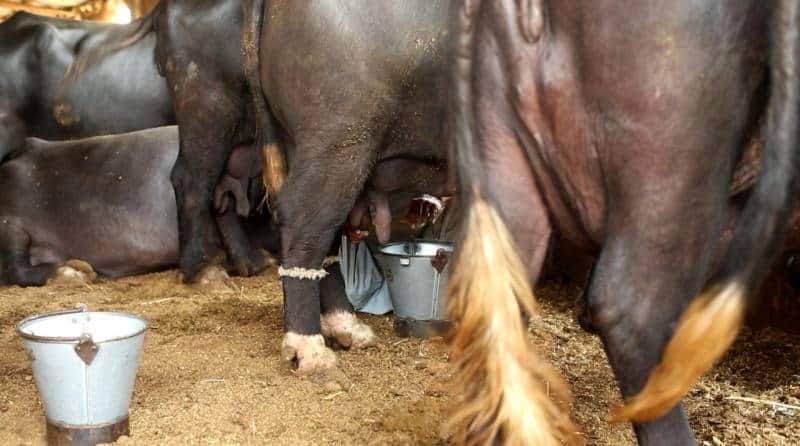
The milk is typically stored and transported in unclean containers, further increasing the risk of contamination. Moreover, various harmful chemicals are often added to the milk to artificially enhance its thickness and foam, which poses additional health risks to consumers. A significant concern is the presence of aflatoxins, dangerous fungi that can cause liver cancer. These fungi enter the milk supply through substandard animal fodder and cannot be eradicated by traditional boiling methods most commonly done at home.
In stark contrast, packaged milk offers a clean and safe alternative. It is free from bacterial contamination and other forms of adulteration, as it undergoes Ultra High Temperature (UHT) treatment and processes that eliminate harmful pathogens. Packaged milk is also subjected to stringent quality control measures, with packaged milk companies conducting up to numerous tests to ensure its safety and quality.
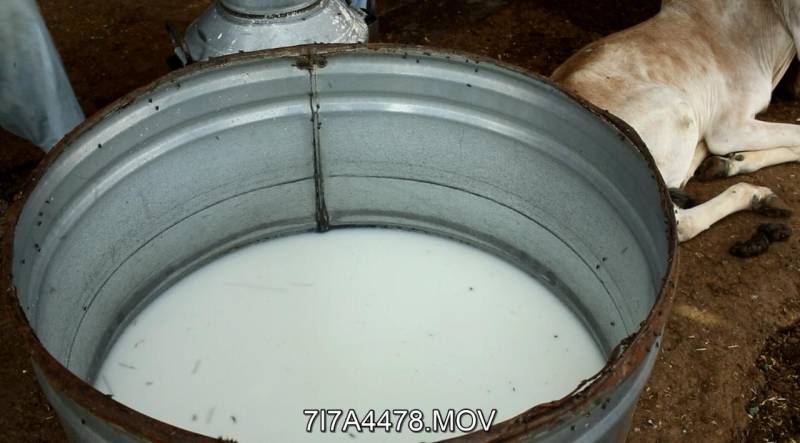
This type of milk is guaranteed to be free from aflatoxins, thanks to rigorous monitoring and high standards in animal feed. The quality of packaged milk is maintained through a cold chain that extends from milking to packaging, ensuring that the milk remains fresh and uncontaminated throughout the process. The globally accepted Ultra High Temperature (UHT) process kills all bacteria, and the six-layered tetra packaging prevents exposure to light, sunlight, and air, hence keeping milk fresh and retaining the milk’s true quality.
Transitioning to packaged milk is crucial for safeguarding public health in Pakistan just as how it was done decades ago in all countries. It’s a proven global health standard of milk supply. Authorities must enforce a ban on sale of loose milk and promote the widespread availability and consumption of packaged milk. This shift will align Pakistan with global health and safety standards, ensuring a healthier future for everybody by providing them with safe, nutritious, and uncontaminated milk.

